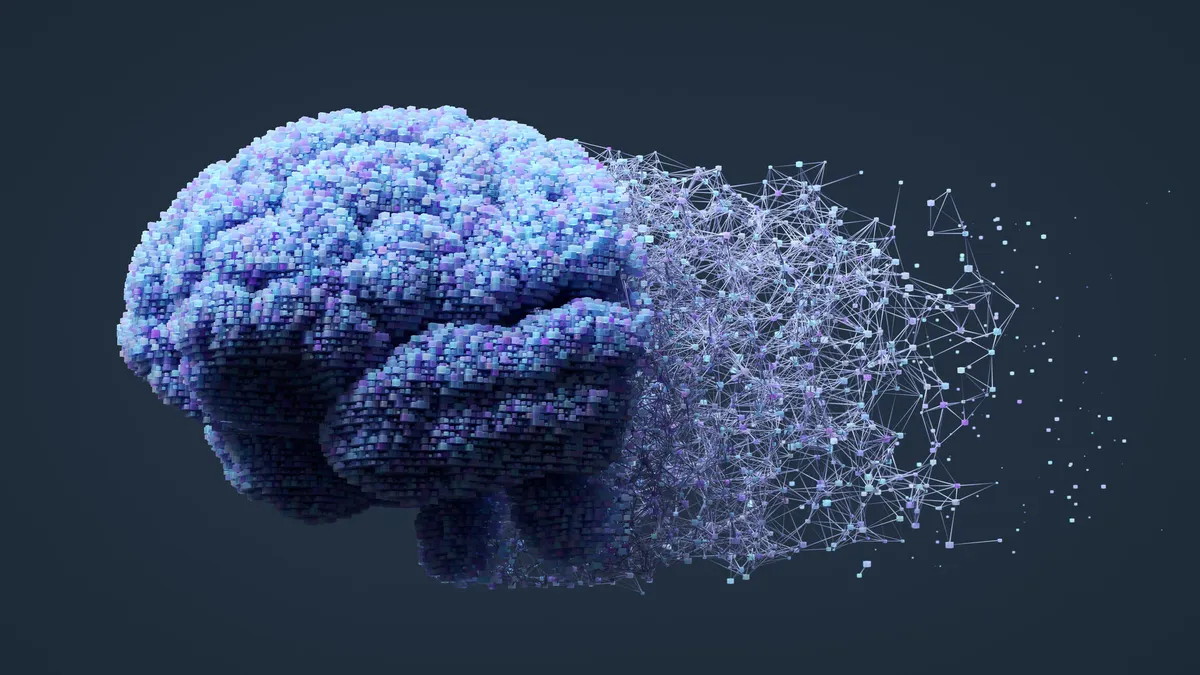Over the past four months, I’ve engaged deeply with various AI chatbots, using them as tools for communication, information retrieval, and social interaction. This exploration has offered a unique insight into how regular interactions with AI can subtly influence human cognition and behavior.
Cognitive Shifts: Understanding the Impact
Recent research indicates that AI chatbots, designed to mimic human conversation, can significantly affect our cognitive health. These chatbots, trained on vast amounts of data, understand context and cultural nuances, making their interactions highly personalized and engaging. Such dynamic interactions can foster a reliance different from other information sources like search engines, potentially leading to what some experts call ‘AI-induced cognitive atrophy’.
Social Dynamics: Chatbots as Companions
A study examining chatbots as social companions found that regular users tend to have a positive perception of their interactions with these AI entities. These users often see chatbots as beneficial to their social health and self-esteem. In stark contrast, individuals with limited exposure to chatbots tend to view the prospect of developing a relationship with AI more negatively, highlighting a significant divergence in user experience based on familiarity and regular use.
User Experience: The Dual Edged Sword
The ease and efficiency of chatbots can lead to an over-reliance, where users prefer quick AI-generated responses over traditional methods of information gathering and problem-solving. This shift can alter decision-making processes, where the immediate availability of AI assistance might discourage deeper, more reflective thinking, potentially dulling critical cognitive faculties over time.
Looking Ahead: Mitigating Risks and Enhancing Benefits
As we continue to integrate AI chatbots into our daily lives, it is crucial to balance their benefits with potential cognitive risks. Tailored interventions, such as setting boundaries on AI use and promoting awareness of its effects, can help maintain a healthy cognitive ecosystem. This approach ensures that while we benefit from AI’s capabilities, we also preserve and enhance our cognitive functions.
The journey of using AI chatbots for the past four months has been enlightening, highlighting both the potential and pitfalls of such technologies. As we move forward, fostering a balanced relationship with AI will be key to leveraging its benefits while safeguarding our cognitive health and social well-being.







